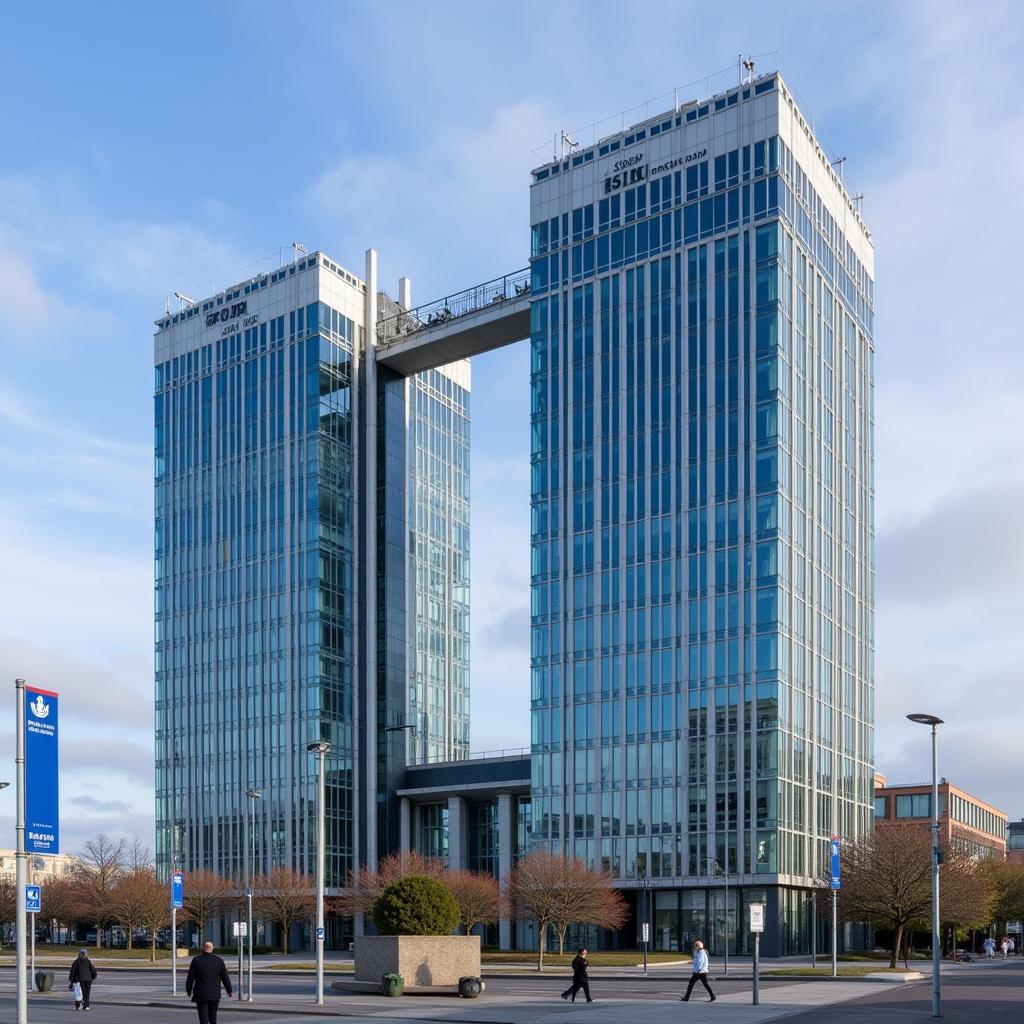A classification society is a non-governmental organization that establishes and maintains technical standards for the construction and operation of ships and offshore structures. These standards, presented as rules and regulations, cover various aspects, including design, construction, equipment, and operational maintenance. The primary goal of a classification society is to ensure the safety of life at sea and to protect the marine environment by promoting the seaworthiness of vessels and structures.
How Classification Societies Work
Classification societies work with the maritime industry, including shipowners, shipbuilders, and flag states, to ensure compliance with their established standards. The classification process typically involves the following steps:
- Design Approval: Before construction begins, the ship’s design plans are submitted to the classification society for review and approval. The society ensures the design meets the required safety and environmental standards.
- Survey During Construction: Throughout the shipbuilding process, surveyors from the classification society inspect the vessel at various stages to ensure it’s being built according to the approved plans and relevant rules.
- Initial Survey and Classification: Once the ship is complete, the classification society conducts a comprehensive initial survey. If the vessel meets all requirements, it’s issued a Certificate of Classification, signifying its compliance.
- Periodic Surveys: To maintain its classification, the ship must undergo regular surveys throughout its operational life. These surveys ensure the vessel remains in a seaworthy condition and complies with all applicable regulations.
The Role of Classification Societies in Maritime Safety
Classification societies play a crucial role in ensuring the safe operation of ships and offshore structures. Their standards cover a wide range of aspects, including:
- Hull Strength and Stability: Classification societies set rules for the design and construction of the ship’s hull, ensuring it can withstand the stresses of sea conditions.
- Machinery and Electrical Systems: They establish standards for the ship’s propulsion, power generation, and other critical systems to ensure reliability and safety.
- Fire Protection and Safety: Classification societies set regulations for fire-resistant materials, fire detection and alarm systems, and firefighting equipment to prevent and mitigate fires onboard.
- Pollution Prevention: They establish standards for ballast water management, sewage treatment, and other systems to minimize the environmental impact of shipping.
Leading International Classification Societies
Several internationally recognized classification societies operate globally. Some of the leading ones include:
- Lloyd’s Register (LR): One of the oldest and most respected classification societies, established in 1760.
- American Bureau of Shipping (ABS): A leading classification society based in the United States, known for its expertise in the offshore and energy sectors.
- Det Norske Veritas (DNV): A Norwegian classification society with a strong presence in the maritime and energy industries.
- Bureau Veritas (BV): A French classification society that provides a wide range of services, including classification, certification, and inspection.
 International Maritime Organization Headquarters
International Maritime Organization Headquarters
The Importance of Classification Societies for Peace
While the technical aspects of their work are paramount, the role of classification societies extends beyond just ensuring ships are safe and environmentally sound. Their efforts contribute significantly to international trade and, by extension, global peace:
- Facilitating Global Trade: By setting common standards, classification societies facilitate international trade. Shipowners can be confident their vessels meet the requirements of different ports and countries, enabling the smooth flow of goods and services worldwide.
- Protecting the Marine Environment: The strict environmental standards set by classification societies help protect the marine environment from pollution caused by shipping activities, contributing to the sustainable use of our oceans.
- Enhancing Maritime Security: By ensuring the structural integrity and operational reliability of ships, classification societies indirectly enhance maritime security. Well-maintained vessels are less likely to be involved in accidents, reducing the risk of piracy, smuggling, and other illicit activities.
In essence, by promoting maritime safety, environmental protection, and the efficient flow of global trade, classification societies contribute to a more stable and interconnected world.
Conclusion
Classification societies play an indispensable role in the maritime industry by setting and enforcing technical standards that ensure the safety of life at sea and the protection of the marine environment. Their work is essential for facilitating international trade, promoting sustainable shipping practices, and ultimately, contributing to a more peaceful and interconnected world. As maritime technology continues to evolve, classification societies will continue to adapt and develop new standards to address emerging challenges and ensure the sustainability of the shipping industry.
FAQ
-
What is the purpose of a classification society? Classification societies ensure the safety of life at sea and protect the marine environment by setting and maintaining technical standards for ships and offshore structures.
-
How do classification societies impact international trade? By establishing common standards recognized globally, they facilitate international trade by ensuring ships meet safety and environmental requirements in different ports and countries.
-
What is the role of a surveyor in a classification society? Surveyors inspect ships at various stages, from design approval to construction and throughout their operational life, to ensure compliance with classification society rules and regulations.
royal horticultural society orchid register
Do you have other questions?
- What is the history of classification societies?
- How do classification societies address emerging technologies in shipping?
- What are the career opportunities in the field of maritime classification?
For further assistance and information, please contact:
Phone Number: 02043854663
Email: [email protected]
Address: Khu 34, Bắc Giang, 260000, Việt Nam.
We have a 24/7 customer service team ready to assist you.